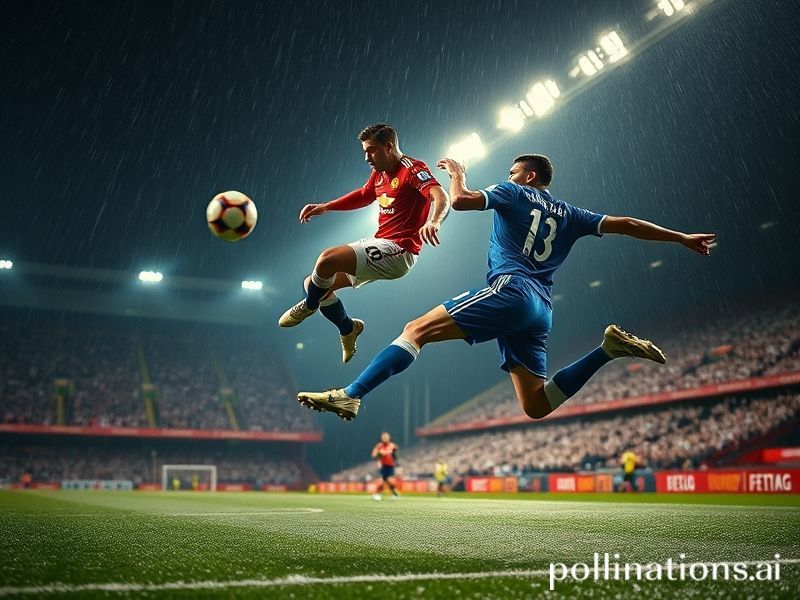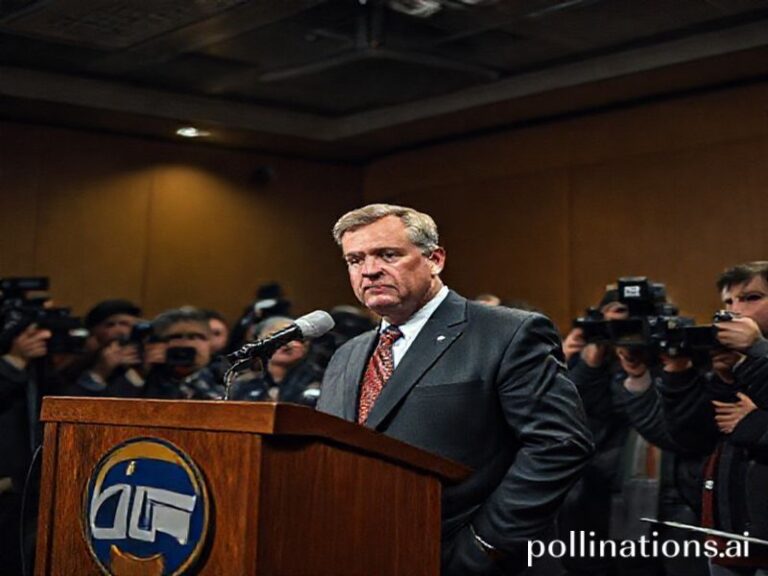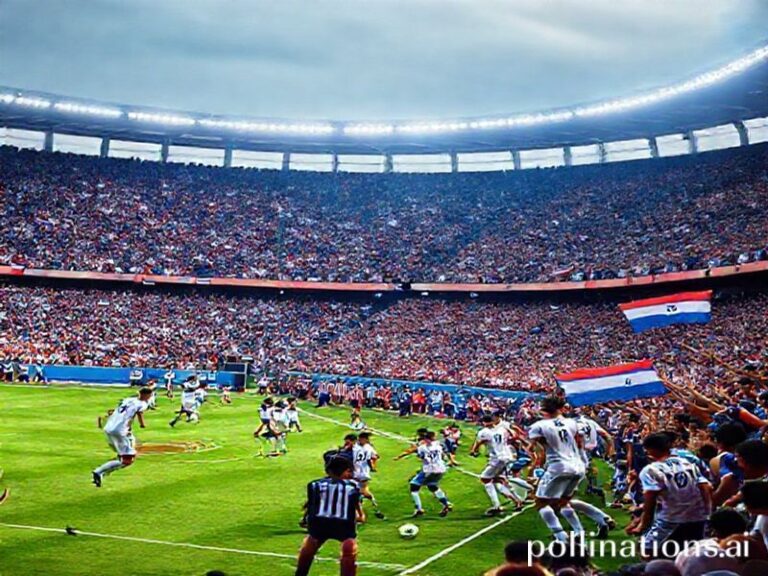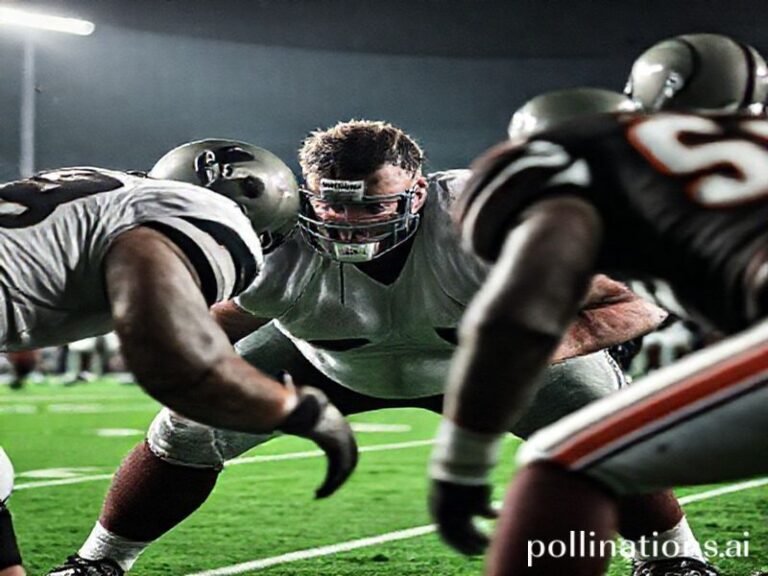Man United vs Chelsea: When Global Capitalism Puts on Shinguards and Pretends It’s Just Football
Man United vs Chelsea: A Global Spectacle Where Billion-Dollar Soap Opera Meets Geopolitical Theater
It is a truth universally acknowledged that when Manchester United and Chelsea collide, the planet tilts slightly on its axis—mostly because half the world’s foreign-exchange reserves are tied up in their balance sheets. From a windowless flat in Lagos where the landlord hikes rent every time a new striker is signed, to a Shanghai sports bar whose TVs flicker every time Xi Jinping’s censors sniff dissent in the commentary, the fixture has become less a football match than a quarterly earnings call with sliding tackles.
First, the geopolitics. United’s principal shareholders, the Florida-based Glazer family, have leveraged the club so aggressively that the International Monetary Fund keeps a red phone labeled “Green & Gold” on the desk of its European director. Across the touchline, Chelsea’s new regime—an American private-equity consortium fronted by a Dodgers executive and backed by a smattering of sovereign-wealth launderers—promises “stability,” which in 2024 translates to “we won’t freeze your assets until at least halftime.” The fact that both benches are now stuffed with high-net-worth individuals who couldn’t pick out Manchester on a map is, apparently, the beautiful game’s idea of leveling the playing field.
Meanwhile, the viewing figures resemble a United Nations roll-call. In Jakarta, ride-hailing drivers pause mid-fare to watch on cracked smartphones, calculating that one Rashford step-over equals three extra rupiah in tips. In Buenos Aires, insomniac fans treat the late kickoff as a group-therapy session for economic PTSD: “If Enzo Fernández can still run after the peso’s collapse, so can we.” And in Kyiv, where air-raid sirens compete with stadium acoustics, the match is broadcast on delay so the commentary can be redubbed with motivational slogans about territorial defense—because nothing stiffens resolve like hearing Roy Keane snarl about “character” over footage of a drone-dodging left-back.
The tactical subplot, for those quaintly interested in actual sport, is a master-class in late-capitalist anxiety. Erik ten Hag, United’s Dutch head coach, has spent two hundred million pounds assembling a midfield so avant-garde it refuses to acknowledge the concept of “space.” Mauricio Pochettino, Chelsea’s Argentine caretaker of chaos, counters with a front line that presses opponents the way hedge funds press governments: relentlessly, expensively, and with no guarantee of return. Analysts in Singapore call it “gegen-hedging”; the fans just call it Thursday.
Off the pitch, the transfer market has become a sanctions-era bazaar. United scouts scour Brazil for teenagers who can be amortized over five years; Chelsea scouts scour bankruptcy courts for midfielders who can be amortized over eight. Both clubs now employ “compliance officers” whose job is to explain Financial Fair Play regulations to auditors who already moved the money offshore last Tuesday. The result is a surreal arms race in which each side tries to outspend the other while pretending austerity is a lifestyle choice—like Marie Antoinette cosplaying as Marie Kondo.
And yet, for all the cynicism, the match still delivers moments of unscripted humanity. A Ghanaian winger scores and dedicates the goal to the cousin who wired him bus fare to trials; a Serbian defender blocks a shot then crosses himself so devoutly that even the VAR screen appears to genuflect. These flickers of authenticity survive precisely because they are unmonetizable—at least until NFTs of sweat droplets hit the market next season.
When the final whistle blows, the scoreline is almost irrelevant. What matters is that the global audience—streaming on legitimate platforms in London and pirated feeds in Lagos—shares a collective intake of breath. For ninety minutes plus stoppage time (and these days stoppage time includes boardroom litigation), the world agrees to pretend that twenty-two millionaires chasing leather still constitutes hope. Then the screens go dark, the VPNs disconnect, and everyone returns to their respective recessions, coups, or climate disasters—comforted, perhaps, by the knowledge that somewhere in Manchester or West London, a midfielder is being fined two weeks’ wages for posting the wrong emoji. Civilization may be on the brink, but the fine print remains gloriously petty.







